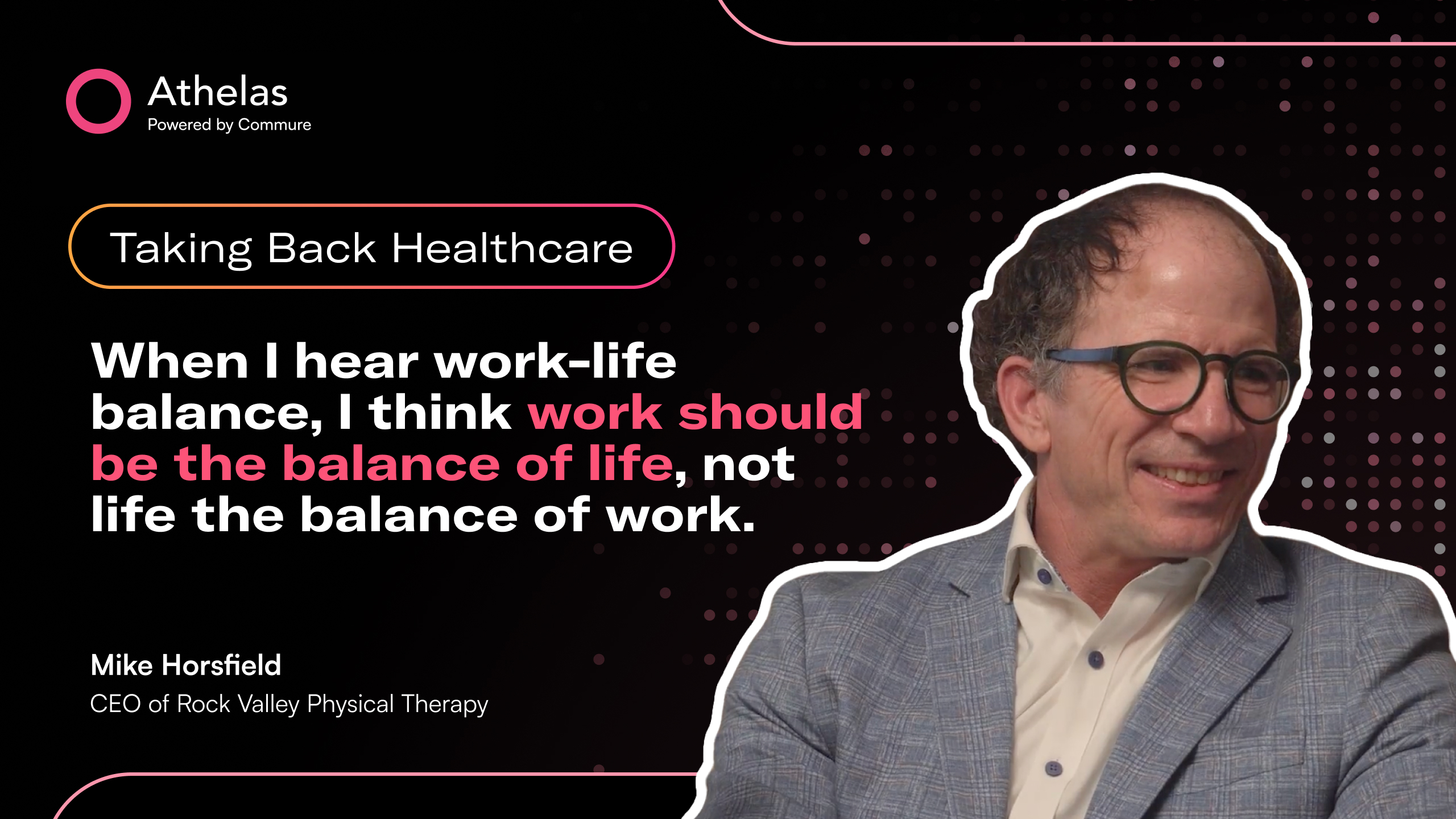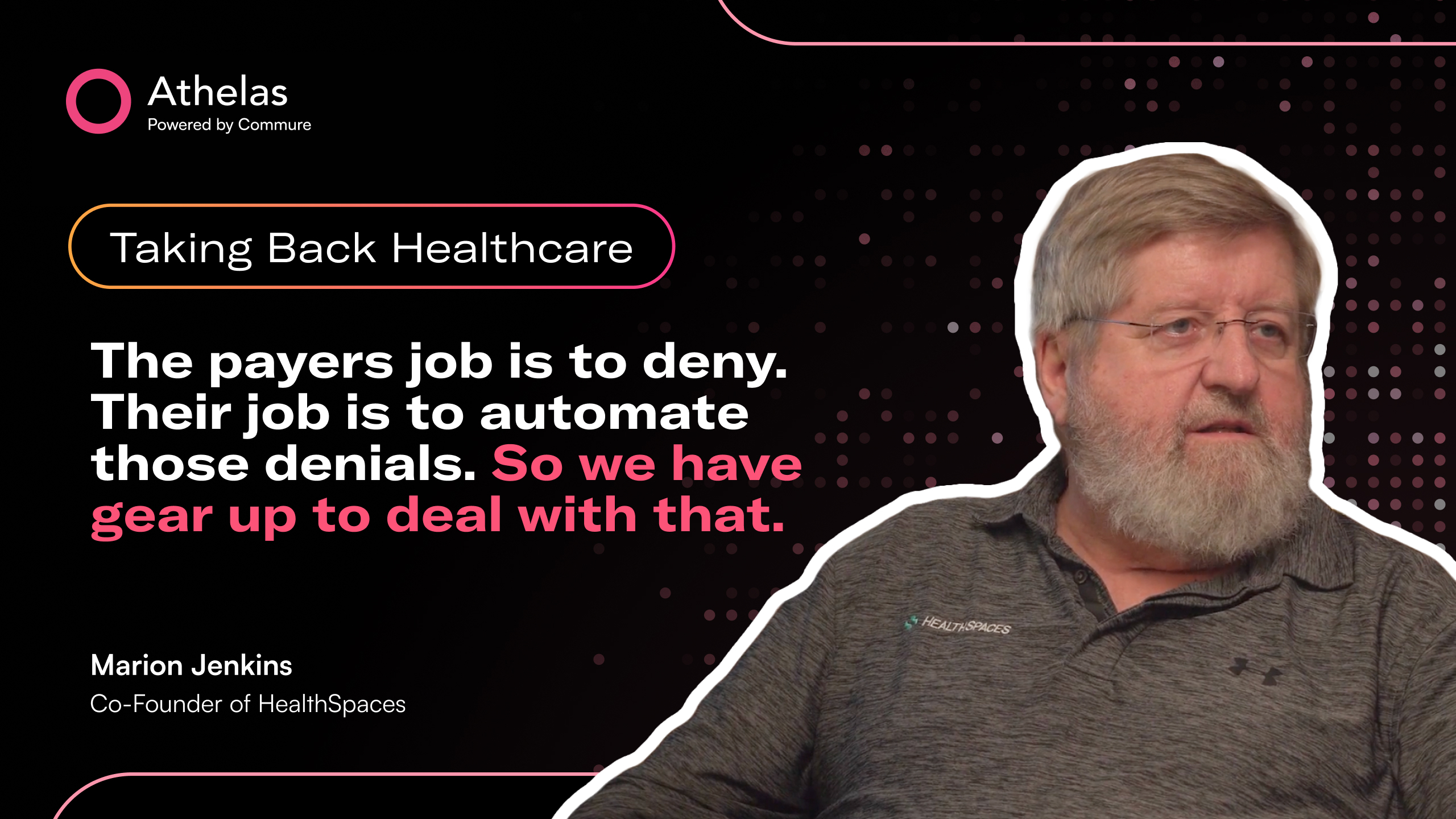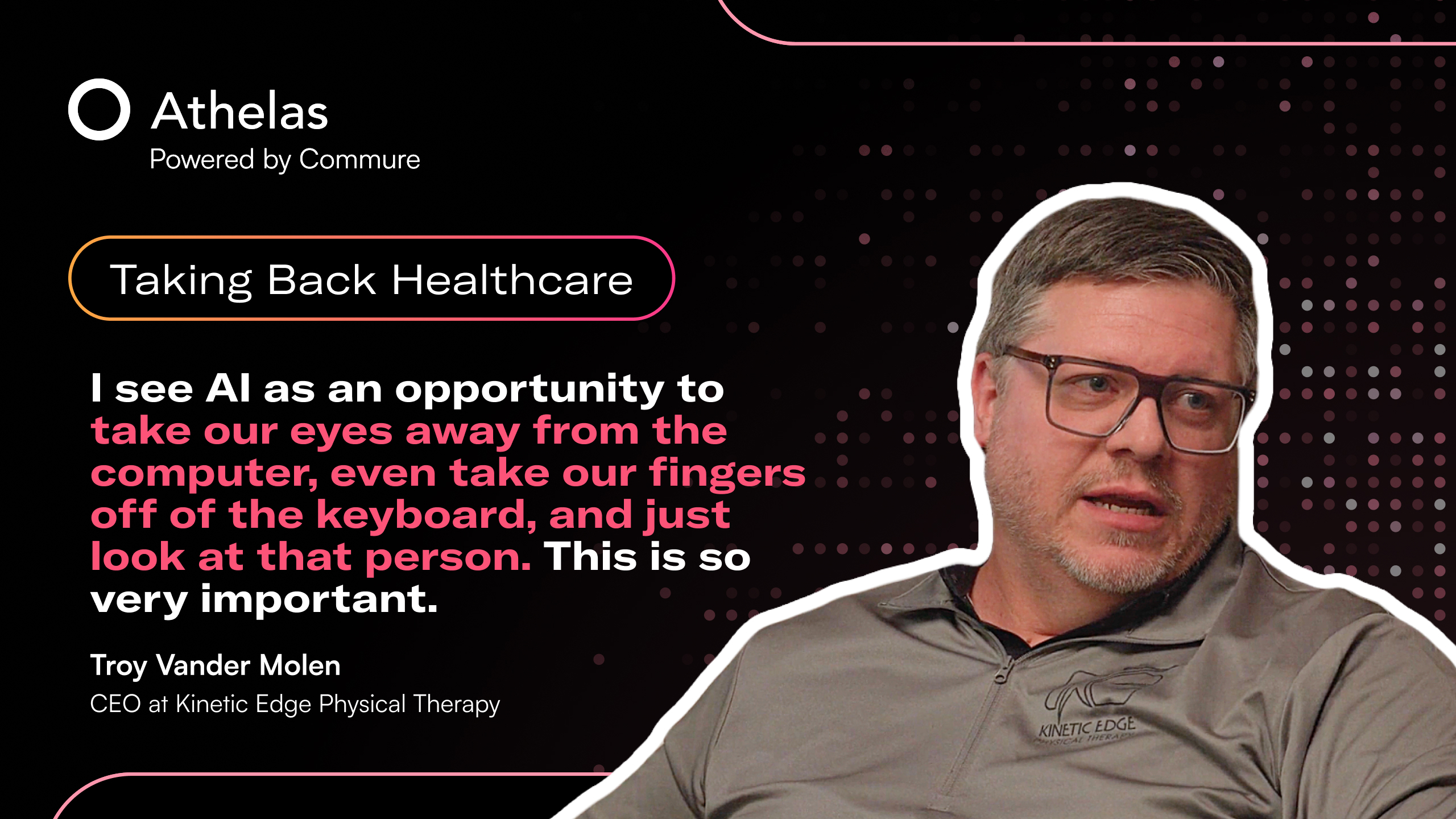AI’s role in medicine was nascent when I first started practicing Physical Therapy. Today, it poses transformational value for therapy practices across the nation. In this article, I explore the unsustainable challenges facing PTs today, and how AI can combat payer tactics, reduce administrative burdens, and reclaim precious time for what matters most—patient care.
The Growing Barriers Facing Physical Therapists
Direct Access Limitations
For physical therapists to function effectively as primary care providers, direct patient access is critical. Without it, patients must see another provider first, undercutting the efficiency and cost-effectiveness PTs are able to provide patients. Insurers often exploit these limitations by layering on additional requirements such as prior authorizations—tasks that eat into precious time and profit margins.
Shrinking Reimbursements and Profit Margins
Physical therapy margins that once reached 50% now often dip into single digits. Compounding this issue is a sharp rise in prior authorizations with each manual process now taking over 20 minutes on average. Third-party review companies “dial up” denials by routing more claims to manual review. As denials climb, staff must spend additional hours following up on them, and many claims go unchallenged simply due to lack of time. The result is a direct hit to the practice’s bottom line.
Documentation Demands
PTs must juggle tasks like eligibility checks, claim submissions, and status inquiries—with each small step quickly accumulating. Meanwhile, around 82% of denials are potentially avoidable when a better submissions process is implemented. The bottleneck is often staffing: few clinics can spare the time for repeated back-and-forth with payers. Together, these administrative hurdles reduce bandwidth for patient care and ultimately hurt a practice’s financial health.
How AI Enables PTs to Reclaim Margins and Efficiency
Automate Eligibility Checks and Claim Status Inquiries
AI-powered tools can verify insurance coverage, update claim statuses, and highlight issues before they snowball. This slashes phone time and frees staff to focus on patient care rather than administrative back-and-forth.
Leverage LLMs for Denial Management
Automated systems analyze denial reasons instantly, suggest the correct fix, and even group similar denials for batch resolution. This approach transforms a painstaking manual process into a streamlined workflow that saves both time and money.
Adopt Ambient AI Scribing Solutions
Documentation often causes burnout. An ambient AI scribe listens to patient encounters, auto-fills data, and integrates seamlessly with your EMR. This approach slashes documentation time and lets PTs reclaim valuable hours for hands-on care.
Utilize Language Capabilities for Diverse Patient Populations
Today’s AI-powered scribing solutions often support dozens of languages, making it easier to document encounters with non-English-speaking patients. The system captures the conversation in one language and generates documentation in another, eliminating linguistic barriers while preserving accuracy.
Addressing Common Concerns About AI and LLMs
Accuracy and Relevancy
Large Language Models can rapidly process and summarize clinical data, but they may misinterpret information if the context is incomplete or unclear. Always confirm that AI-generated documentation or recommendations align with up-to-date clinical guidelines and each patient’s unique situation.
Training Requirements
Most LLM-based platforms already come loaded with a vast amount of healthcare data. Practice-specific templates can be uploaded to match your clinic’s workflow, so there’s minimal training required on your end.
Integration with Existing EMRs
Top AI solutions are typically EMR-agnostic, easing implementation. Many can integrate seamlessly with popular EMRs, auto-populating discrete fields like measurements, special tests, and codes.
The Road Ahead
AI is no longer optional for physical therapy practices—it’s vital to remain competitive in an evolving healthcare landscape. By automating tasks such as eligibility checks and scribing, clinics can cut burnout, boost efficiency, and refocus clinicians on patient care. All while securing stronger margins and helping PTs become first-line providers.
Ready to dive into the world of healthcare AI? See what Athelas has to offer for RCM, ambient AI, and beyond!
How do you bill medicaid? Improve retention without hiring?
Get ahead of 2025 CMS changes?
Schedule a demo with Athelas today to find out.





